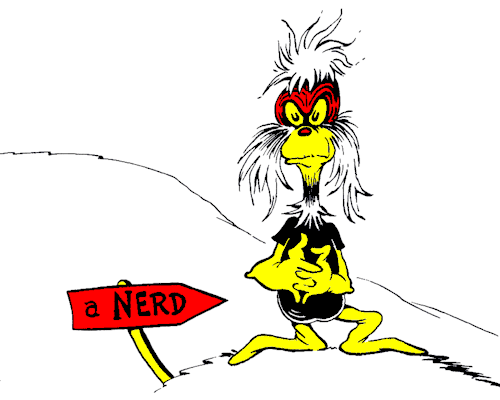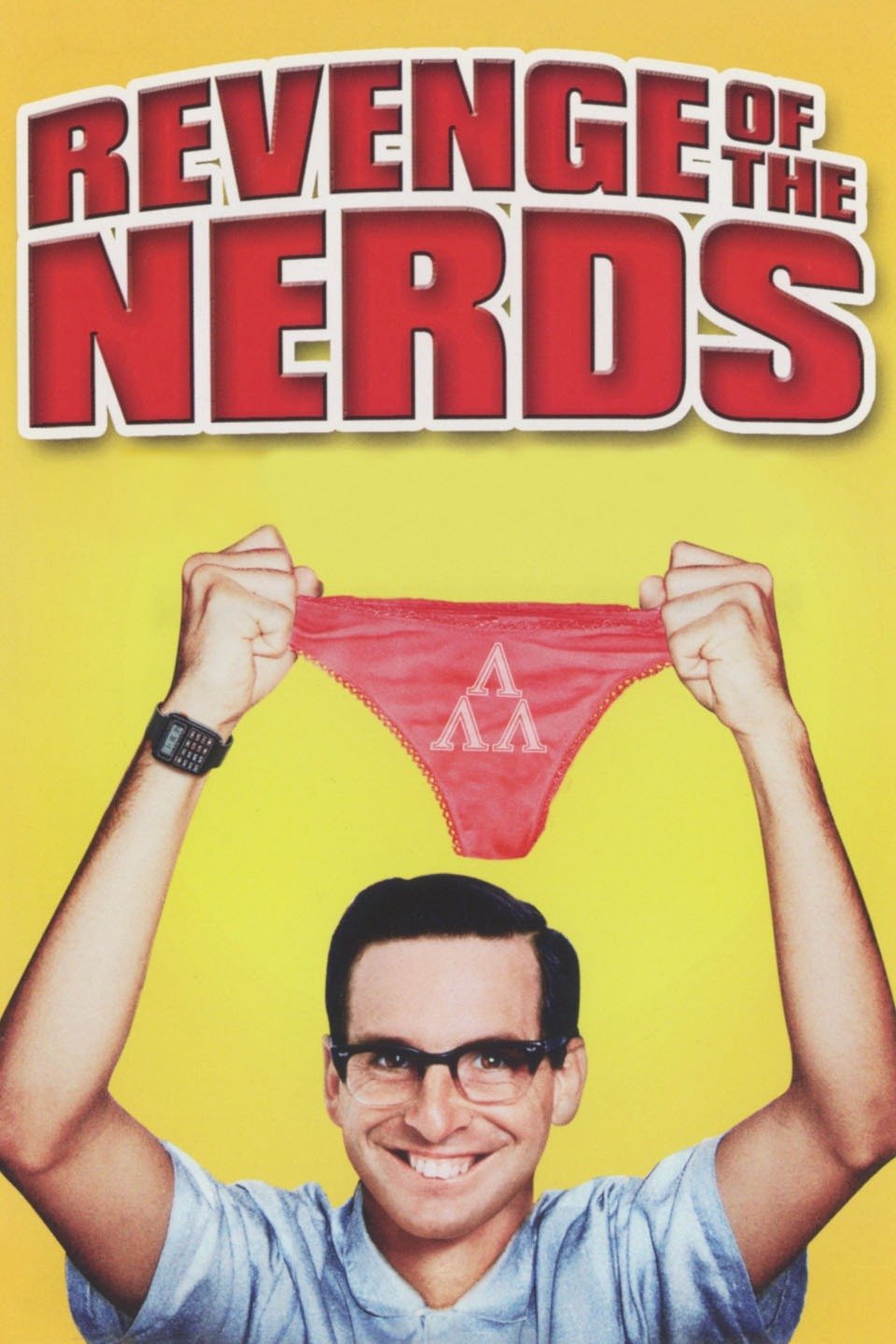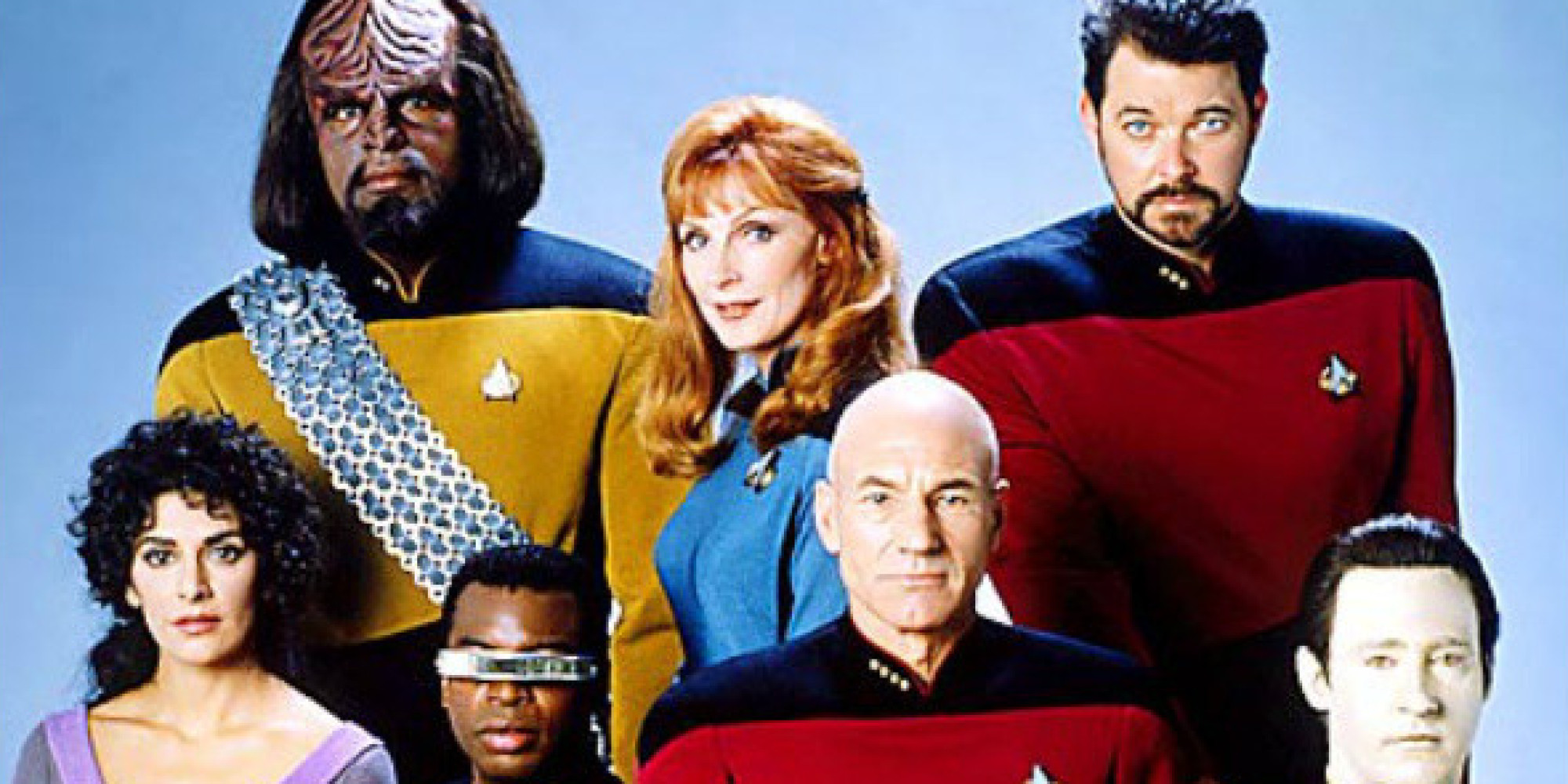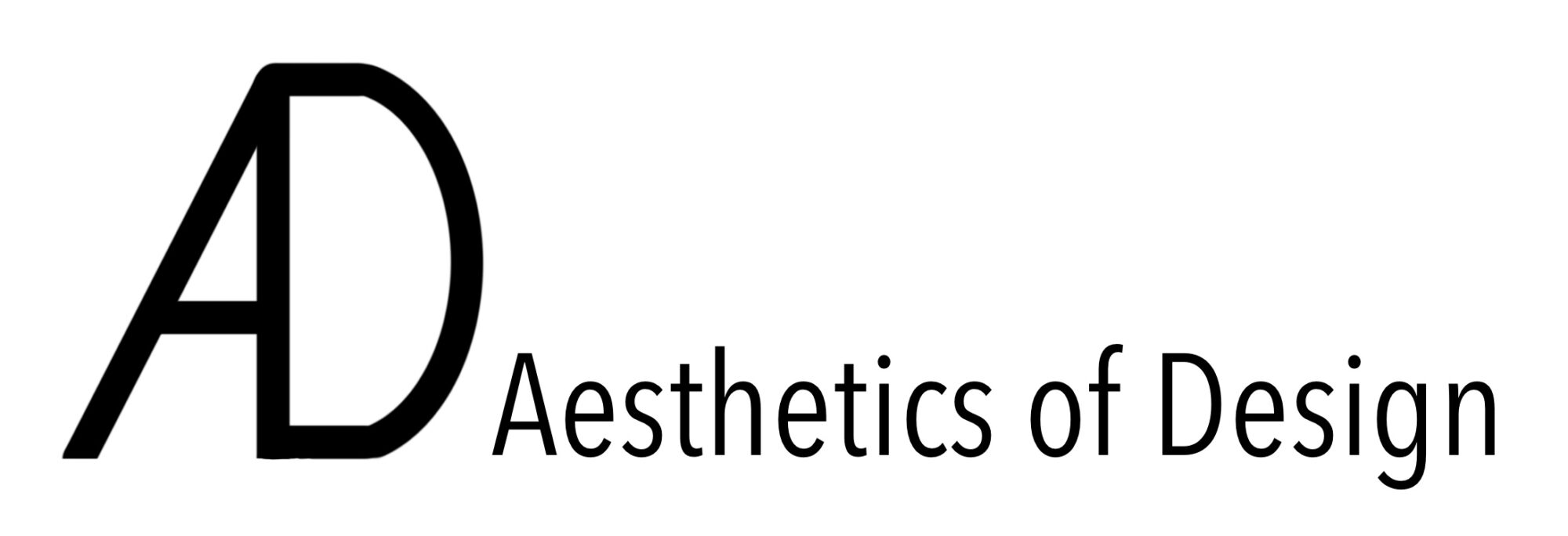The Nerd (adjective: nerdy), is a descriptive word to identify a person who is overly intelligent, obsessive, and/or lacking social skills. Typically this individual may spend outrageous amount of time on obscure, unpopular, non-mainstream activities or culture. Also, generally speaking the topics usually have a highly technical theme or relating to fantasy and fiction. A typical nerd has the Aesthetic of overly sized glasses, goofy but somewhat professional fashion, and a feebly physique.
Photo Example:
Urkel from Family Matters is an excellent example of your typical nerd: Bad at sports, obsessed with comic books, and has a general lack of social skills.
As a student in the engineering school, I know the nerd culture all too well. But it has definitely evolve over the last few decades from its creation. Dr. Seuss actually coined the term in his 1950’s book, If I Ran the Zoo, it was used to describe a strange, grumpy zoo creature.

The perception of the nerd was described as a geeky, weak, loser like individual. They may have been running NASA, creating fabulous science, helping make fiction and movie magic, but they were not considered “cool”. The cultural reputation of nerds remained unchanged up until about the 1980’s. Movies and televisions shows like Revenge Of The Nerds, Airplane, and Star Trek: The Next Generation, made headway for nerd culture to be accepted by the mainstream population. Things really started to progress for nerd aesthetics during the rise of the home computer and world wide web (internet).


The aesthetic for nerds being geeky, big glasses, fashion stunted individuals was fading away fast, and being replaced with professional, creative forward thinkers (I would argue they still don’t have the best fashion sense, but nerds are improving). A whole new industry of advance software and technologies was being created by nerds like Apple, Facebook, Yahoo, Yelp, Tesla, Space-X, and a ton more were changing the way we live. Nerd aesthetics has become a center point in today’s American culture. I believe the show, Silicon Valley, represents the new group of nerds today, plus a few eccentric billionaires. On the other hand the popular sitcom, The Big Bang Theory, illustrates the classic nerd. To conclude, the nerd aesthetic is different for every generation, it really just needs a few obsessed individuals to keep it alive.
![]()
Resources:
All images taken from: Google Images
Websites:
- http://www.eldacur.com/~brons/NerdCorner/nerd.html
- https://en.wikipedia.org/wiki/Dot-com_bubble
- https://www.tumblr.com/search/nerd%20aesthetics


4 Comments. Leave new
I think what helps is that people are realizing that “nerds” are the ones developing all this cool and useful technology in everyday use. It’s awesome that the nerd culture has become acceptable, but I do not like the fact that it has become mainstream or cool to be a nerd. It ends up being offensive, especially to those who 10 years ago were looked down upon for being nerds.
I just have a few things to clear up. Nerd does tend to be used as an all encompassing term for the things listed above, but that does not necessarily define what nerd is. In recent years, nerd is not used in that reference frame. There are three large terms that should be noted beforehand: nerd, geek and dork. When you jump into people that fall into these categories, calling someone a nerd is not necessarily correct (but will still be taken as a compliment). Nerds tend to be people that focus on academics, geeks tend to have a passion for a topic and know more about it than the vast majority of the population and dorks tend to not fit in society with ease, but don’t care too much about it. Someone can easily fit into all categories. There are many cases where people fit into only 1 or 2 though. Someone might be focused on their academics, know a lot about star trek, but are very social (nerd and geek). Someone might not care about their grades, loves Star Wars, and does not quite fit in (geek and dork). It should be noted that almost everyone is a geek in some area: there are car geeks, music geeks, Marvel geeks, etc.
I see your point, and I do agree that there is a range of “nerdy and geeky” things out there with a variety of people enjoying them. My focus was on the “Mainstream Hollywood Nerd Aesthetic”, which the people creating that aesthetic do not like to differentiate and stick with an all encompassing stereotype.
First of all, I love your topic! I had no idea the term came from Dr. Seuss. I wonder what would your distinction be between “nerd” and geek?” I agree with the changing atmosphere around nerds. What would be a total diss, even 10 years ago, is now not necessarily meant as a bad thing. The idea of a nerd in the work force or school is someone who is wanted now-a days. I would make the claim that the reason for this is in part due to advancing technology and “nerds” stereotypically do well with tech.